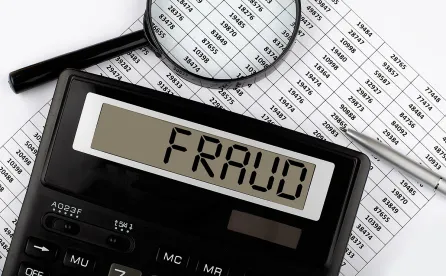The United States Department of Justice and Office of Inspector General of the Department of Health and Human Services (OIG-HHS) settled a case against Cardinal Health, Inc. The Ohio-based pharmaceutical distributor paid $13,125,000 to resolve allegations that it paid kickbacks to its physician practice customers. Whistleblowers reported these payments that violated the False Claims Act and will receive $2.6 million of the government’s recovery. The whistleblowers were a physician practice group and three former sales Vice Presidents for the pharmaceutical distributor.
Cardinal Health distributed pharmaceutical drugs to physician practice groups for use in outpatient settings. According to the allegations, the distributor offered and paid upfront discounts to physician groups without the discounts being connected to any actual pharmaceutical sales or rebates the customers earned. Under narrowly defined rules, HHS-OIG permits some forms of upfront discounts, provided the discounts can be attributed to specific purchases and “clawed back if the purchaser ultimately does not purchase enough product to earn the discount.” Because of Cardinal Health’s practice of paying its physician group customers before they place their pharmaceutical orders—in violation of the Anti-Kickback Statute—relators allege that Cardinal Health swayed its customers to choose their company over other competing distributors. Physicians then prescribed these upfront rebated drugs to Medicare and Medicaid patients, causing false claims to be submitted to government healthcare programs.
Pharmaceutical distributors focus on the disbursement and supply management of pharmaceuticals, leaving pharmaceutical manufacturers to focus on development and manufacturing. Distributors ensure drugs made by 1,200 manufacturers reach 180,000 points of dispensation, according to a 2019 Deloitte report on pharmaceutical distributors’ role in the US healthcare sector. Ninety-two percent of prescription drug sales in the US are managed through distributors. As a patient and a taxpayer, a reasonable person wants their physician to prescribe them the best drug for their illness at the most affordable cost; they don’t want their physician to choose their medication from the pharmaceutical distributor who paid them the largest upfront rebate.
The Department of Justice needs whistleblowers to report fraud involving rebates paid for medications not purchased.





 />i
/>i

